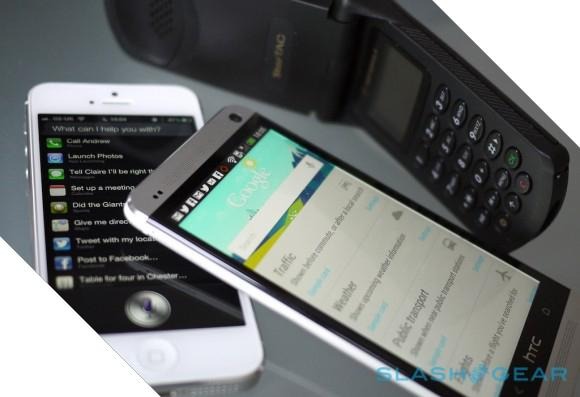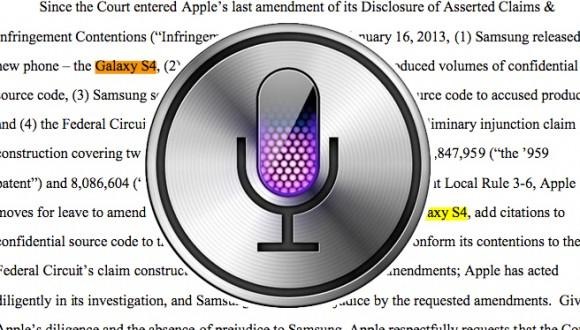Google Now Tells Me Who I Was, Making Me Dumber With Sameness
When I look at what Google is feeding me every day, my first reaction is to be thrilled at how cool it is that there's an engine out there that sees what I like and give it to me. Automatic understanding, seeing what I search for and where I am, telling me things I aught to know. Things other people know.
It is easier to find something I've already worked with in Google than it is to find something I've never seen before. While data stacks up, webpages are made and emails are sent, the dominant method for organization is a search based on sameness. Because I've visited SlashGear.com so very many times in the past, whenever I'm logged in to Google, SlashGear-related search results appear first for essentially anything technology or science related.
If I'm logged in to Google and I want to find a review of a smartphone, the search engine will suggest I read the most popular reviews. Is this crowd-sourced and traffic-reliant system good enough to be the one single organizer of information on the internet?
With the system known as Google Now, a series of "cards" are presented on a smartphone or tablet screen. The cards are organized automatically unless I change my preferences: I can choose to include or keep out sports scores, for example. These cards show bits of information based on what I've searched for most in Google while logged-in to my Google account.

So while I enjoy a note about how long it will take me to get home based on my GPS location and traffic, Google Now sends me news stories automatically sourced as related to a story I clicked on earlier inside Google. These results are also based on traffic, showing the most popular stories based on clicked through Google.
Birthdays are shown as well – every single person I've got in Circles through Google+ is shown in a stack of cards when their birthday comes up. This situation was spoken about by my colleague Chris Davies in the column "Why nobody, not even Apple, has done mobile right."
"And yet, our needs from a companion device are surely different from those we have of a regular computer. I don't necessarily want every single piece of information out there delivered to the palm of my hand; I just want the right, most relevant information. You can find that on a phone, certainly, but for it to be a true companion it really should be one step ahead of what you need. Some emails, or IMs, or calls, are more important than others, but my phone beeps for all of them. Sometimes I don't know what the most relevant information actually is, or that it's even out there, and my digital wingman should be using everything it knows about me to fill in those gaps of its own accord." – Chris Davies
But then again – is discovery lost? When a device like Google Now on Glass "knows" what I want and give it to me automatically, what does that leave me with?
Google can know only the information I've given it – be it direct with a search or indirect as my smartphone tells Google Now my GPS location on the regular. Until a system can be built that can collect all of my thoughts and experiences, no exceptions, the feedback I get from the systems I use today will be on some level arbitrary to my needs.
Until a system can be built to access my full experience, there's always going to be a push involved that a group like Google cannot do away with. There's always a suggestion: is this what you want? And that suggestion remains based on popular precedent to this day.
In other words: brilliance will not be found in search results until this paradigm is altered. Until true random elements are incorporated alongside an understanding of the human mind we do not have a grasp on yet, the dream that is invisible technology cannot be realized correctly.
This dream was spoken about by Larry Page at Google I/O 2013, where he suggested that "Technology should do the hard work, so you can get on and live your life." He also mentioned that, with regard to Google search results being curated, "the right solution to education is not randomness."
It's a balance we must meet. At the moment, we live in an environment that continues to be dominated by popular opinion.

